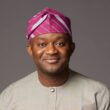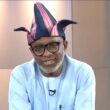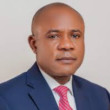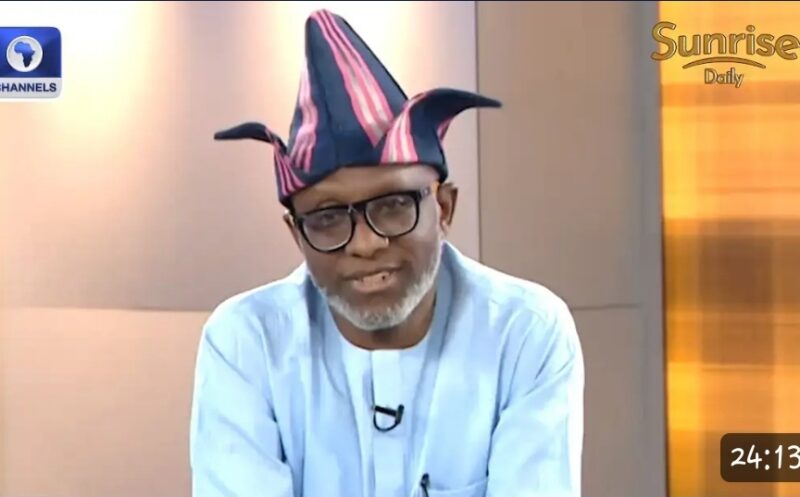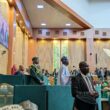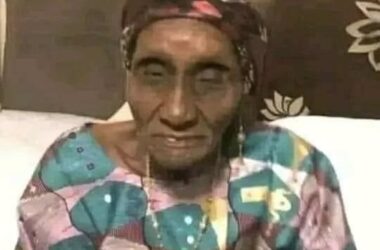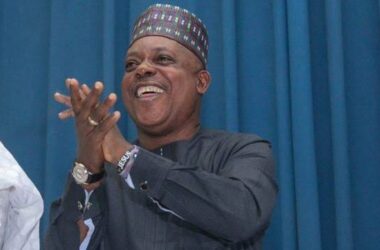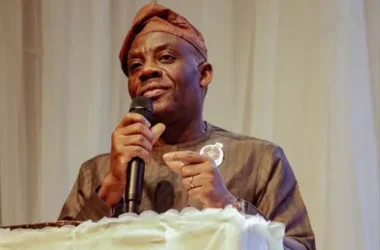Former presidential aide and veteran journalist, Laolu Akande, has called for a renewed national consensus to address Nigeria’s most pressing challenges, including poverty, corruption, insecurity, and the weakening of democratic institutions.
Speaking during an interview on Sunrise Daily, a Channels Television programme aired on Thursday, Akande emphasized that Nigeria must transition from merely practicing civil rule to building a fully functional democracy grounded in accountability and the rule of law.
According to Akande, the struggle that birthed Nigeria’s current democratic dispensation — the end of military rule in 1999 — was achieved through a broad coalition of political actors, professionals, civil society, and students. He argued that a similar unified effort is now needed to tackle the nation’s “big-ticket items” that continue to threaten its stability and development.
“When we were fighting the military, it wasn’t difficult for us to have a coalition… of politicians, professionals, civil society, students, and everybody agreeing that, look, we need to get the soldiers out,” Akande recalled. “Now, we have managed to do that for 26 years. What we need to do now is to get a national consensus on what are the minimal things that a democratic government ought to deliver, regardless of partisanship, ethnicity, or religion.”
Akande warned that while Nigeria may have succeeded in ending military dictatorship, the challenges facing its democracy today require a different kind of mobilization and strategic organization.
“The kind of battle that we need to do now is different from the one that produced this civilian rule. And it’s important for us to understand why it is different and how we have to organise differently,” he stressed.
He advocated for a collective focus on building national consensus in key areas: strengthening the rule of law, fighting corruption, eradicating poverty, and ending the persistent wave of insecurity across the country.
“We’ve lived too long under all shades of insecurity — terrorism, insurgency, banditry, kidnapping. This is unacceptable, and we must come together to have a national conversation on ending this cycle.”
Akande also pointed to the growing democratic apathy among Nigerians as a symptom of the weakened political foundation. He highlighted the troubling voter turnout statistics from recent elections, where less than 20 million Nigerians — in a country of over 200 million people — voted, as a major concern.
“Start with the kind of apathy that we have in voting,” he noted. “Look, if somebody gets power, it is because the people really, really wanted them to have power, and that they are able to remove them when they don’t deliver. That is the foundation. We haven’t tightened that foundation.”
The former aide maintained that democracy should not be mistaken for mere civil rule. True democracy, he said, must reflect the will of the people and ensure mechanisms that empower citizens to hold leaders accountable.
“Democracy ought to be a government of the people, for the people, by the people. There are a lot of things we need to tweak to really make that happen. We haven’t quite gotten there yet.”
Akande called on Nigerians across political divides, ethnic lines, and religious affiliations to rise to the challenge of this generation — forging a consensus that prioritizes national interest over personal or partisan agendas.


